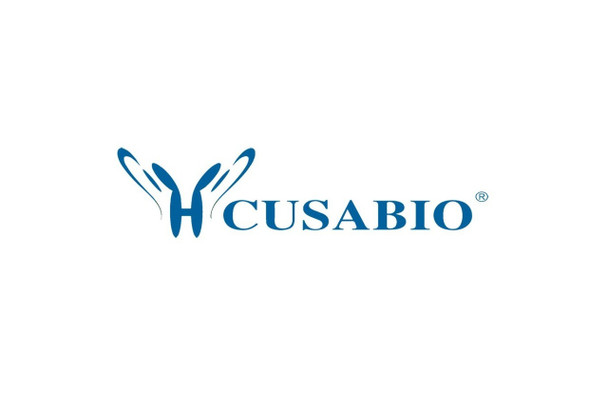Cusabio Recombinant Antibodies
Phospho-PTK2 (Y397) Antibody | CSB-RA018994A397phHU
- SKU:
- CSB-RA018994A397phHU
- Availability:
- 3 to 7 Working Days
Description
Phospho-PTK2 (Y397) Antibody | CSB-RA018994A397phHU | Cusabio
Phospho-PTK2 (Y397) Antibody is Available at Gentaur Genprice with the fastest delivery.
Online Order Payment is possible or send quotation to info@gentaur.com.
Antibody Type: Recombinant Antibody
Target Names: PTK2
Aliases: Focal adhesion kinase 1, FADK 1, Focal adhesion kinase-related nonkinase, FRNK, Protein phosphatase 1 regulatory subunit 71, PPP1R71, Protein-tyrosine kinase 2, p125FAK, pp125FAK, PTK2, FAK, FAK1
Background: Non-receptor protein-tyrosine kinase that plays an essential role in regulating cell migration, adhesion, spreading, reorganization of the actin cytoskeleton, formation and disassembly of focal adhesions and cell protrusions, cell cycle progression, cell proliferation and apoptosis. Required for early embryonic development and placenta development. Required for embryonic angiogenesis, normal cardiomyocyte migration and proliferation, and normal heart development. Regulates axon growth and neuronal cell migration, axon branching and synapse formation; required for normal development of the nervous system. Plays a role in osteogenesis and differentiation of osteoblasts. Functions in integrin signal transduction, but also in signaling downstream of numerous growth factor receptors, G-protein coupled receptors (GPCR), EPHA2, netrin receptors and LDL receptors. Forms multisubunit signaling complexes with SRC and SRC family members upon activation; this leads to the phosphorylation of additional tyrosine residues, creating binding sites for scaffold proteins, effectors and substrates. Regulates numerous signaling pathways. Promotes activation of phosphatidylinositol 3-kinase and the AKT1 signaling cascade. Promotes activation of MAPK1/ERK2, MAPK3/ERK1 and the MAP kinase signaling cascade. Promotes localized and transient activation of guanine nucleotide exchange factors (GEFs) and GTPase-activating proteins (GAPs), and thereby modulates the activity of Rho family GTPases. Signaling via CAS family members mediates activation of RAC1. Recruits the ubiquitin ligase MDM2 to P53/TP53 in the nucleus, and thereby regulates P53/TP53 activity, P53/TP53 ubiquitination and proteasomal degradation. Phosphorylates SRC; this increases SRC kinase activity. Phosphorylates ACTN1, ARHGEF7, GRB7, RET and WASL. Promotes phosphorylation of PXN and STAT1; most likely PXN and STAT1 are phosphorylated by a SRC family kinase that is recruited to autophosphorylated PTK2/FAK1, rather than by PTK2/FAK1 itself. Promotes phosphorylation of BCAR1; GIT2 and SHC1; this requires both SRC and PTK2/FAK1. Promotes phosphorylation of BMX and PIK3R1. Isoform 6 (FRNK) does not contain a kinase domain and inhibits PTK2/FAK1 phosphorylation and signaling. Its enhanced expression can attenuate the nuclear accumulation of LPXN and limit its ability to enhance serum response factor (SRF)-dependent gene transcription.
Isotype: Rabbit IgG
Conjugate: Non-conjugated
Clonality: Monoclonal
Clone Number: 1B3
Uniport ID: Q05397
Modified: Cardiovascular
species: Human
Species Reactivity: Human
Immunogen: A synthesized peptide derived from human Phospho-PTK2 (Y397)
Tested Applications: ELISA, WB; Recommended dilution: WB:1:500-1:5000
Purification Method: Affinity-chromatography
Buffer: Rabbit IgG in phosphate buffered saline , pH 7.4, 150mM NaCl, 0.02% sodium azide and 50% glycerol.
Form: Liquid
Storage: Upon receipt, store at -20°C or -80°C. Avoid repeated freeze.









